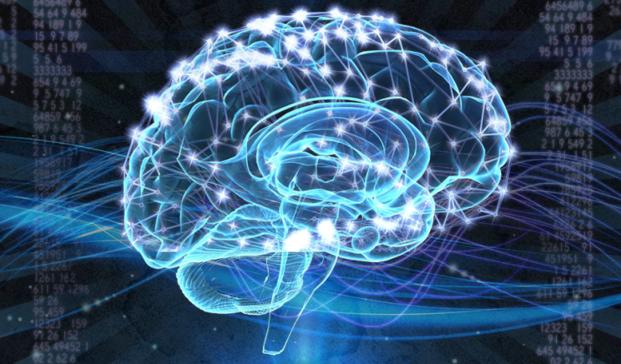DARPA scientists are embarking on a new effort that involves stimulating the human brain to help it learn at a much faster rate than normal.
“One of the areas that I think is potentially of great value is the possibility of accelerating learning,” Arati Prabhakar, director of the Defense Advanced Research Projects Agency, or DARPA, told an audience at the 4th Annual Defense One Summit today in Washington, D.C.
“The question we are asking in one of our new programs is can we develop noninvasive methods … to send signals to the vegus nerve in our peripheral nervous system that can induce neuroplasticity in the brain … which is when your able to learn; that’s when the neurons can rearrange and set that information that you are trying to commit to memory.”
This new research area into neuro-technology evolved out of a DARPA research effort to build a better prosthetic limb that has “the degrees of freedom that our arms have, is lightweight, that has all the electronics and power and everything all compacted put together,” Prabhakar said.
DARPA has also learned a great deal from a separate effort to develop “near-natural control” of these artificial limbs, she said.
“Why couldn’t a person just think and move that arm and also be able to sense from sensors in the fingertips and start to really regain the kind of complete function that we all have the great privilege of with our limbs?” Prabhakar said.
This research on motor signaling and understanding how the brain transfers information in and out led to clinical trials with volunteers who had tiny implants connected to their motor cortex and sensory cortex, she said.
“So today we have volunteers who with those implants are able to think and simply move their hands in natural ways and … to be able to sense the feeling of touch from sensors in those hands,” Prabhakar said.
“As we do this work to restore function, the learning that we are getting and the understanding of signaling also allows you to imagine what else is going to be possible, and I think the possibilities are boundless.
“This really opens an incredible Pandora’s Box and I think it is an important moment and to stop and to think about what is going to be possible and to make some very careful choices about the research paths that we want to pursue.”
Accelerating learning could have a huge impact on virtually every advanced military function, she said.
“So imagine being able to learn a new language the way your five-year-old could learn a new language because of the ability to add plasticity when you need it in that learning process,” Prabhakar said.
“Right now it seems like science fiction, but we see enough components of research that might make that possible so we are going to give it a try. This is a classic DARPA program – high risk high, pay off.”









